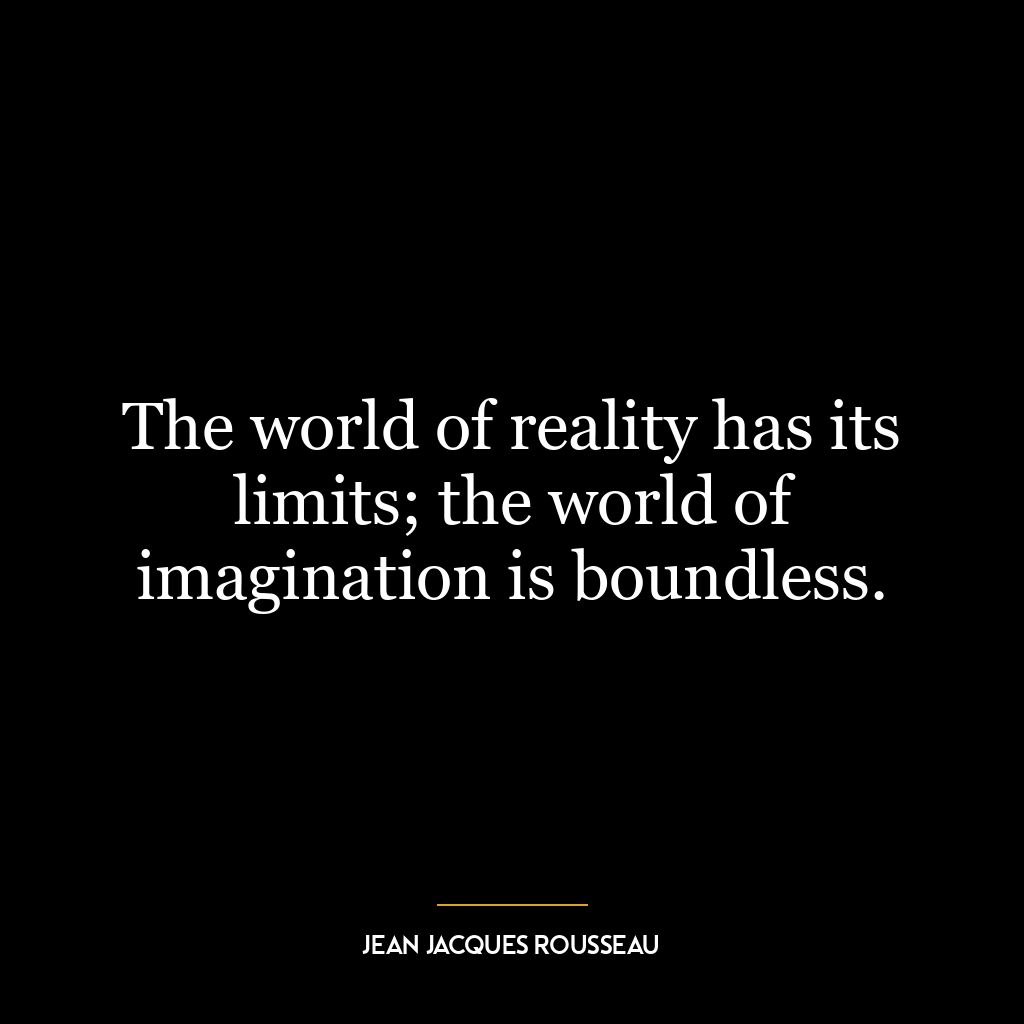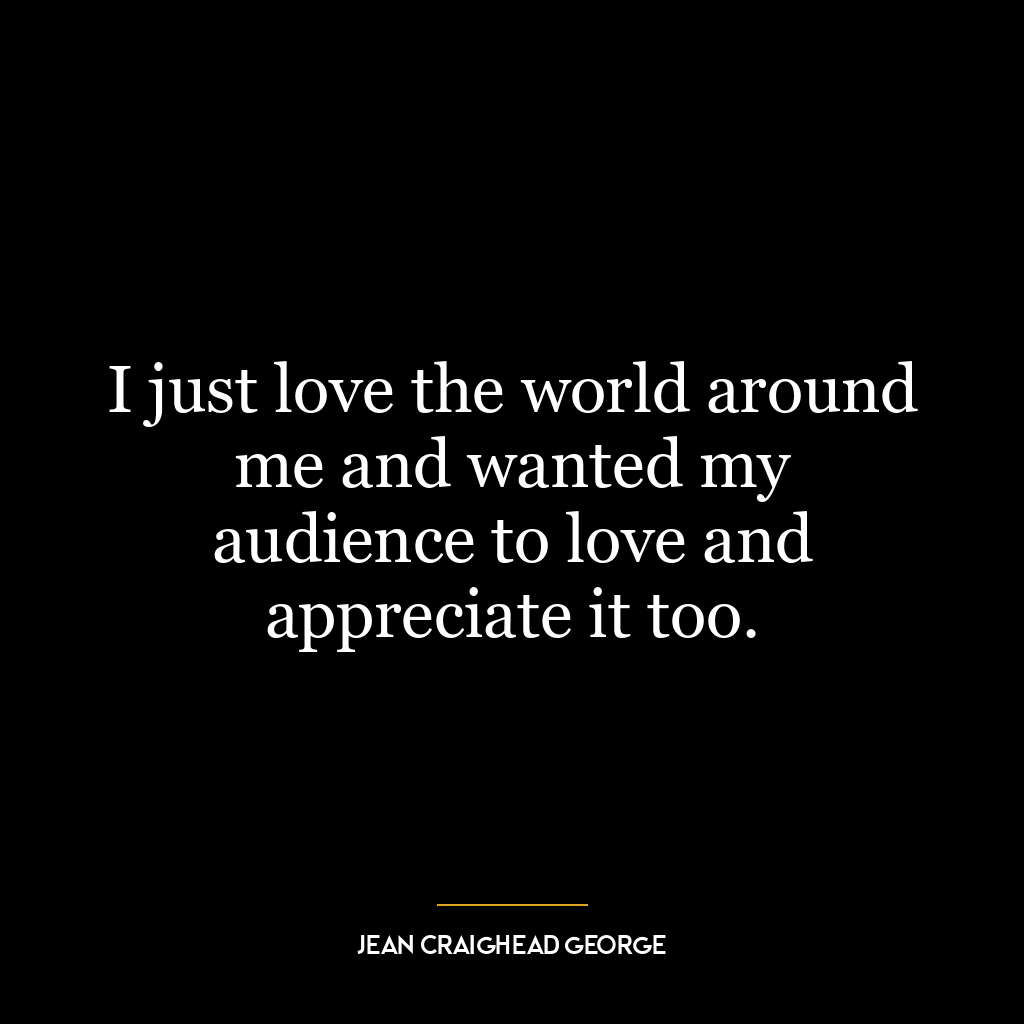The quote, "Books make great gifts because they have whole worlds inside of them," is a profound reflection on the power and value of literature. It implies that every book, regardless of its genre or theme, is a gateway to a new universe, filled with unique characters, diverse landscapes, and novel ideas. They are presents that offer an escape from reality, a journey through time, or a dive into the depths of human emotions and intellect.
The ‘worlds’ inside books are not just limited to the physical setting or the plot. They also encompass the culture, the ethos, the socio-political background, the belief systems, and the emotional fabric of the characters. Each book is a microcosm of life, reflecting the human condition in its myriad forms. When we read a book, we are not just flipping through pages filled with words, but we are transported into these ‘worlds,’ experiencing the narrative as our own.
This quote also highlights the timeless and universal appeal of books. They are gifts that do not discriminate based on age, gender, or cultural background. They can be enjoyed by anyone, anywhere, anytime. They are a source of knowledge, entertainment, comfort, and inspiration. They open our minds, widen our perspectives, and enrich our lives in ways that few other things can.
In today’s world, where we are bombarded with information and distractions, books offer a sanctuary of thought and imagination. They encourage us to slow down, to reflect, to question, to empathize, and to grow. They help us understand different cultures, ideologies, and experiences, fostering tolerance, empathy, and global citizenship.
In terms of personal development, reading books can significantly enhance our cognitive abilities, emotional intelligence, and communication skills. They can shape our values, influence our attitudes, and guide our actions. They can provide solace in times of distress, clarity in times of confusion, and motivation in times of despair. They are not just a source of passive entertainment, but active engagement, requiring us to think, analyze, interpret, and imagine. They are tools of empowerment, enabling us to be better learners, thinkers, and human beings.









